Many webmasters focus their search engine optimization (SEO) strictly on Google, hoping to achieve first-page rankings in the Mountain View company’s search results. While Google attracts the most searches (more than 3.5 billion per day and counting), Bing is steadily increasing its presence in the search engine market (current 33% market share). To reach these users, however, you must optimize your website for Bing Search.
Promote on Social Media
Google has said that its ranking algorithm doesn’t use social media signals (specifically Facebook likes & Twitter retweets) as a ranking factor. Assuming all other factors are equal, a website with 10,000 Facebook likes will rank the same on Google as a website with no Facebook likes.
Bing views social media signals differently, however. In its Webmaster Guidelines, Bing says that social media signals can affect a website’s search rankings in its index.
Microsoft released a statement that it uses Twitter and Facebook to determine relevancy of a website. Bing displays Facebook images in the results when you are signed on, and this means your Facebook friends also see images and better results related to your social media efforts.
Basically, to have more visibility in Bing, be socially active on the major platforms such as Twitter, Facebook and LinkedIn. Promote your website and its content on social media. Even without any manual work on your part, some visitors may like or share your site on social media. However, by simply being more active on Social Media you can make your website more appealing to Bing Search.
Use meta keywords
The meta keyword tag is placed in the top portion of your website’s HTML code. In the 1990s, the meta keyword tag was used to indicate the main topics of a web page. Unfortunately, spammers filled up this tag with junk terms to gain traffic on search phrases unrelated to the website.
Google doesn’t even use the meta keyword tag, but Bing has indicated that it still uses this keyword tag (both for relevancy and to pick up on spammers that abuse it). This means that you want to keep the meta keyword tag relevant to your content without filling it up with too many keywords. Choose about 10 keywords for the page and keep them relevant to the page’s content. And it will still work in 2019!! :)
Add Website to Bing Webmaster Tools
Bing offers an online portal where webmasters can run reports and access data about their websites’ search rankings and organic traffic. Known as Bing Webmasters Tools, it’s an invaluable search engine optimization (SEO) tool that can help you raise your rankings.
Among other things, Bing Webmaster Tools can reveal crawling issues with your website, backlink sources, organic search traffic, CTR and keyword searches that have driven traffic. You can access Bing Webmaster Tools for free by visiting Bing.com/Toolbox/Webmaster and signing in using your Bing, Google or Facebook account.
Use Microsoft Ads
Coupling Microsoft Ads (formerly Bing Ads) with your SEO efforts will give you real data points, click through rates, cost per click (which can give you an idea of level of competition) all giving you a very good idea of what is working and what is not for your brand. This is a good way to potentially come across a money making paid ads campaign for your brand. However, at the very least you’ll get some valuable data points to use for other aspects of your business. Also, you’ll develop a testing framework for ideas to see what resonates with your customer base quickly as far as product ideas, marketing messages, specific promotions, etc.
Include Keywords in Content
You’ll have an easier time ranking a web page on Bing if you highlight the keyword for which you want to rank in your page’s content. Ideally, you should include a web page’s target keyword once in an H1 heading at the top page as well as several other times throughout the rest of the content (max 3-5, although work up to that).
Remember to create content around your target keyword and only add a keyword if it’s useful for your website’s visitors.
Use Enticing, Clickworthy Title Tags
A low click-through rate (CTR) can prevent your website from ranking high on Bing. In 2010, Bing confirmed the use of organic CTR as a ranking signal. Since then, Bing hasn’t changed its official stance, meaning websites that receive lots of clicks in Bing’s search results will rank higher than sites that receive few or no clicks.
Bing only displays the first 66 characters of a page’s title tag, so you’ll want to stay within this limit to ensure maximum visibility. You can create longer title tags, but Bing will truncate them, resulting in messy and incomplete titles that carry a lower CTR.
Create titles that are useful, engaging and trigger some curiosity. Good titles will grab the search user’s attention, in turn helping you improve rank, traffic and sales. The more viewership (both unique and returning) you get to your site, the more it will improve in Bing Search.
Build Lots of Quality Backlinks
Google and Bing both use backlinks in their ranking algorithm. Bing’s algorithm, however, places a higher value on this ranking factor than on Google’s algorithm. You’ll achieve more top rankings on Bing by building a strong portfolio of backlinks from many different sources. Avoid purchasing backlinks or using software to mass-produce them.
Any backlinks you create should be natural and organic. Instead, attract backlinks naturally by publishing great content. You can still manually build backlinks on web directories, social media profiles, and other places, but great content is the driving force behind every high-ranking website’s backlink portfolio.
When creating backlinks for your website, don’t be afraid to use your target keyword as the anchor text. Google has cautioned against the overuse of anchor text. But a study conducted by Search Metrics found that more than half of the websites ranking in the top 30 positions on Bing had backlinks featuring their target keyword as the anchor text.
You’ll want to insure you have a good backlink monitoring strategy. That coupled with keyword research is going to bring you to the top. The best tool we’ve found to help with backlink monitoring and keyword research for Bing Search is SEMrush. There are not a lot of tools catering to Bing and this one stands on top.
Optimizing a website for Bing does have some differences to take advantage of when compared to optimizing a website for Google. However, both SEO strategies require an on-page optimization, such as creating content and optimizing title tags, as well as off-page optimization, such as building a strong backlink portfolio. With the right approach, you can achieve a top ranking on both Google and Bing. Good luck!
